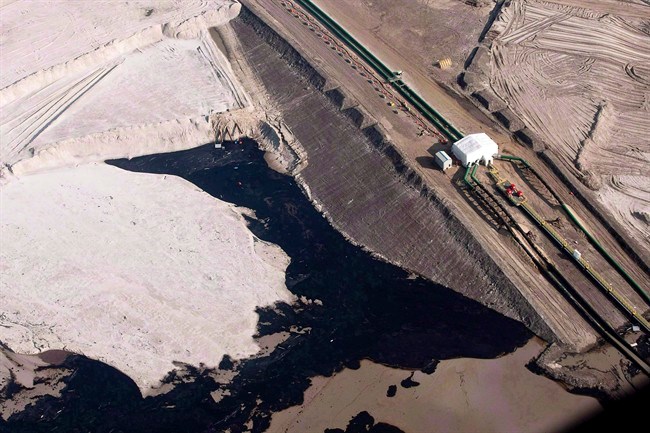A look at the power held by oil, gas and coal companies is fuelling a six-year, $2.5-million study at the University of Victoria and other locations.
“It’s a study, really, that tries to map out the relationships of power — socioeconomic power — in and around that carbon-extractive sector,” said UVic sociology professor Bill Carroll, one of about 50 researchers involved.
“We’re coming at this from the perspective of asking whether the kind of democratic way of life that we’d like to be living in Canada is in some respects compromised by the concentration of corporate power.”
He said the sector tends to dominate the Canadian economy, and some of its larger entities can wield influence on government and the media.
The study will look at the ties between Canada’s major “core-sample” corporate players and other companies, such as Suncor Energy and Imperial Oil — about 250 in all. From there, ownership ties and other corporate links are examined, boosting the sample to about 1,500.
The connections can extend into other areas of business, such as transportation or retail, as well as politics.
Carroll cited the example of Liberal campaign co-chairman Dan Gagnier, who resigned last fall during the federal election campaign. Gagnier stepped down when it was revealed that he was advising the energy corporation TransCanada on its Energy East pipeline project.
Researchers are using a method they call “snowballing,” Carroll said, a reference to the way connections build up like the packing of snow. The general idea is to look at the way oil, gas and coal companies in Canada are “embedded” in the larger network of companies around the world, he said.
Research has been going on since the summer, with UVic, the Canadian Centre for Policy Alternatives and the University of Alberta’s Parkland Institute leading the way. There is First Nations involvement as well, along with researchers from the United States and Europe.
Carroll said that simply letting people know about what is happening is an important step.
“Part of it is just raising public consciousness about the issue, because, really, the solution lies in democratic debate and discussion and trying to figure out alternatives,” he said. “We’re not really prejudging the issue — we want to get the conversation going.”
Other factors are also important, Carroll said.
“There’s a major environmental, ecological question that’s at the centre of the whole project, in terms of our reliance on fossil fuels and how we can transition in a just way from that to something that’s ultimately post-carbon.”
The economic downturn in oil-rich Alberta adds another potential layer.
“In a sense, our six-year window that began six months ago enables us to potentially look at some interesting changes and perhaps contribute to the public discussion of what kinds of changes are feasible and would be beneficial,” Carroll said.
Funding for the study is from the Social Sciences and Humanities Research Council, a federal government, research-funding agency. The study is one of a number that received 2014 Partnership Grants from the council.



